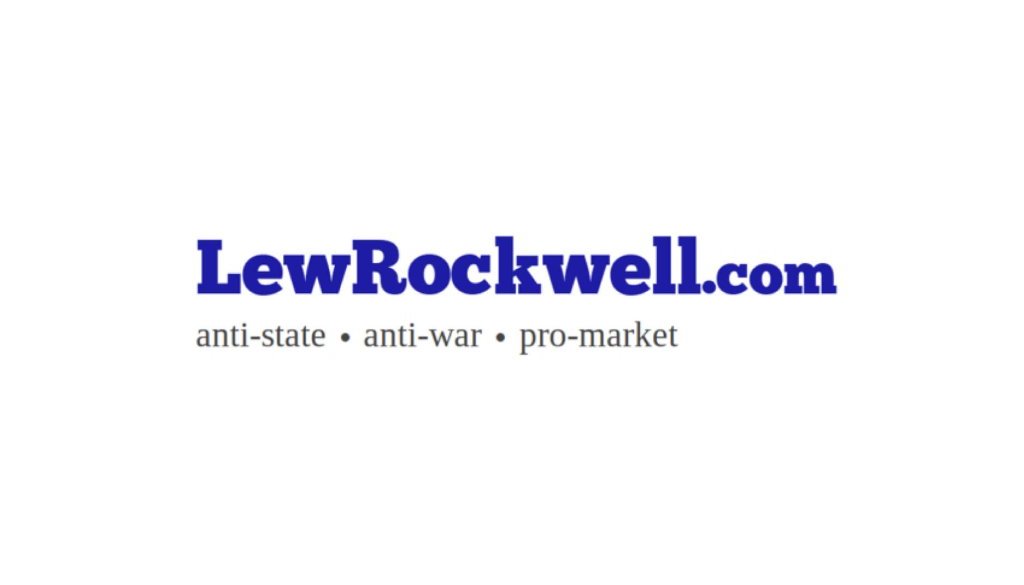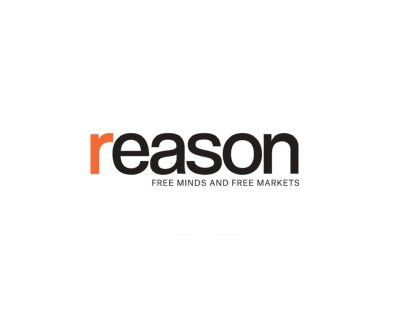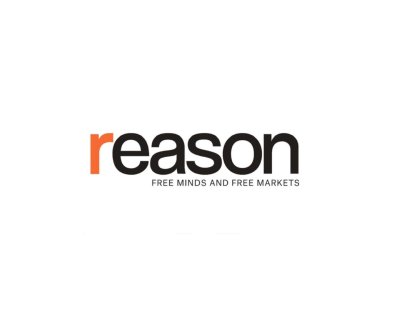Will the DNC’s Craven Grab for Young Voters Backfire?
There has been a renewed wave of scrutiny in recent weeks over Democratic presidential candidate Kamala Harris’s unlikely campaign – and the extent to which her party is shelling out fat paychecks to young influencers to spread the “Gospel of Kamala” to their thousands of followers.
Rather than earn the votes of her party, Harris benefitted from a last-minute swap-out with the support of the Democratic National Committee (DNC). She was handed the nomination in a late-night “virtual roll call” in lieu of having to earn the endorsement of primary voters.
Most legacy media outlets claim Harris won the September 10 debate on ABC, without highlighting the extent to which the moderators went easy on her and tough on her opponent, former president Trump.
Less known is the extent to which Harris and the DNC have relied on young social media influencers to gin up her support among voter groups not inclined to be enthusiastic about a candidate people still know little about.
The highest-profile example of this effort occurred during the 2024 Democratic National Convention in Chicago. On August 4, internet personality Dom Lucre went viral with allegations that the Harris campaign was paying celebrities and influencers to attend the convention. According to Lucre, public relations firms had been “paid by the campaign to inform celebrities and influencers that they can be compensated by the DNC,” along with flights, accommodation, and “exclusive invites to private parties and events.”
Matt Hill, senior communications director for the 2024 Democratic National Convention Committee (DNCC), quickly denied the allegations. “We are credentialing content creators the same
Article from LewRockwell

LewRockwell.com is a libertarian website that publishes articles, essays, and blog posts advocating for minimal government, free markets, and individual liberty. The site was founded by Lew Rockwell, an American libertarian political commentator, activist, and former congressional staffer. The website often features content that is critical of mainstream politics, state intervention, and foreign policy, among other topics. It is a platform frequently used to disseminate Austrian economics, a school of economic thought that is popular among some libertarians.




